A fresh study by two Massachusetts Institute of Technology (MIT) researchers finds that the novel coronavirus may be slower in warm and humid conditions. Authored by Qasim Bukhari and Yusuf Jameel the study also assumes that the spread of 2019-nCoV (COVID-19) might be influenced by environmental factors.
They further deduced that the lower number of cases in tropical countries might be because of warm humid conditions. The same study also says that some factors may cause a reduction of this spread limited in most part of northern Europe and North America in summer.
The findings are based upon weather patterns and it is observed 90 per cent of COVID-19 transmissions occurred in temperature ranging 3 to 17 degrees Celsius and humidity 4 to 9 g/m3. But in January-February-March with a temperature of over 18 degrees Celsius and absolute humidity of over 9 g/m3 reported 6 per cent of the total cases.
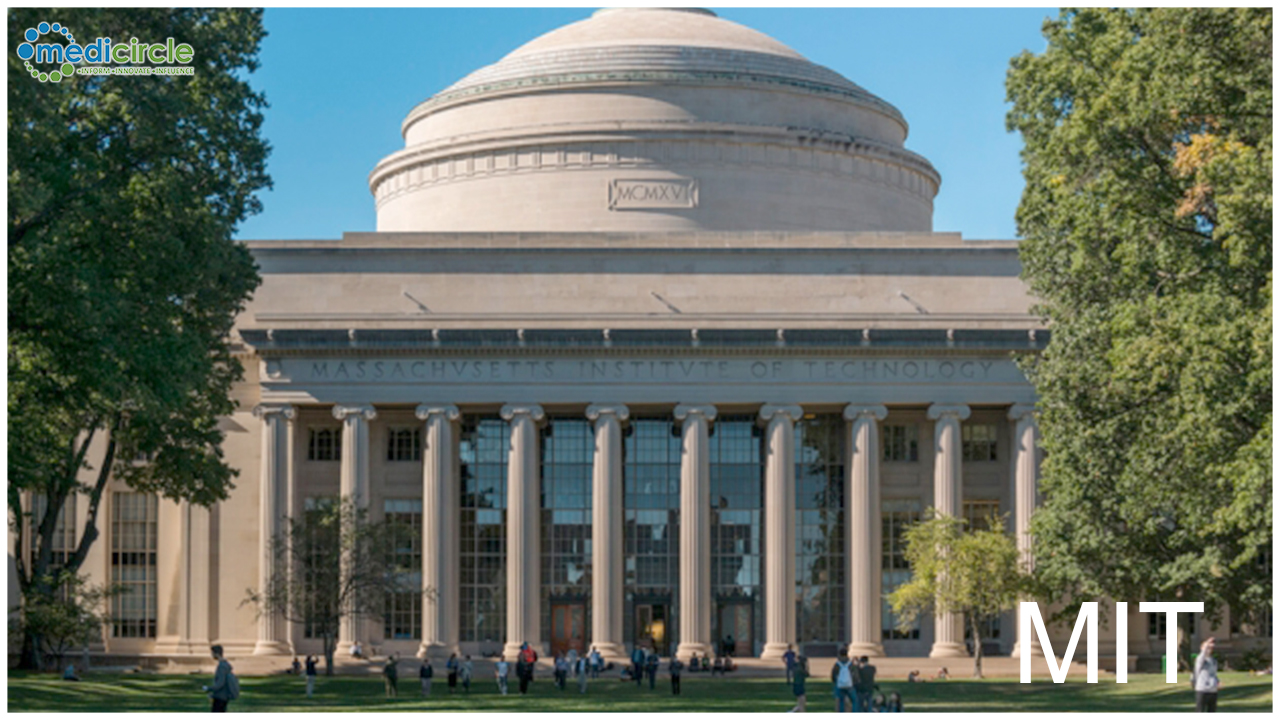
 The findings are based upon weather patterns and it is observed 90 per cent of COVID-19 transmissions occurred in temperature ranging 3 to 17 degrees Celsius and humidity 4 to 9 g/m3
The findings are based upon weather patterns and it is observed 90 per cent of COVID-19 transmissions occurred in temperature ranging 3 to 17 degrees Celsius and humidity 4 to 9 g/m3








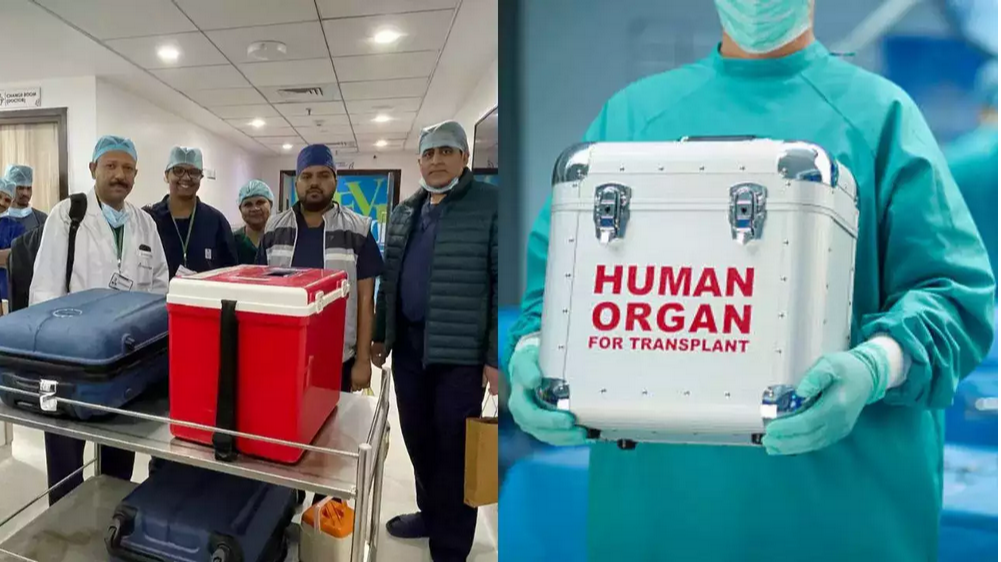
.jpg)
.jpg)
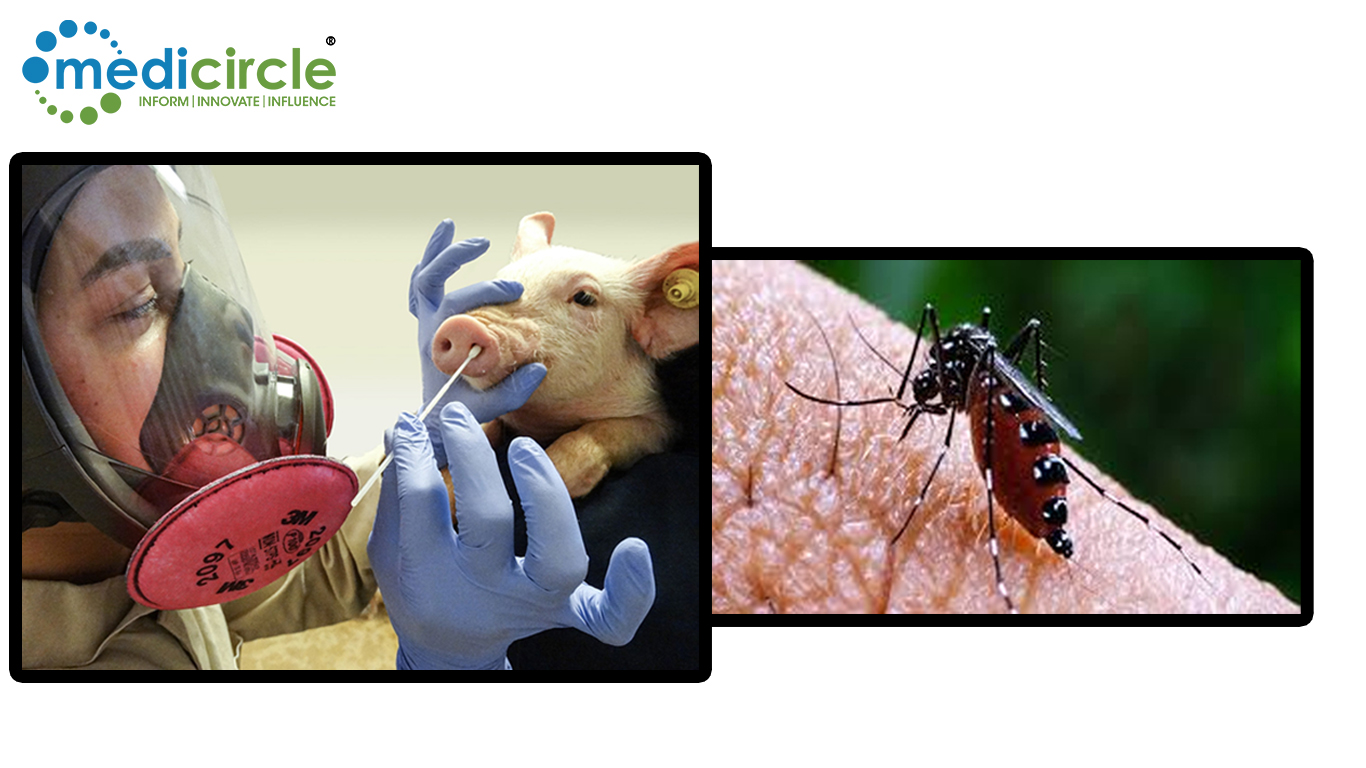
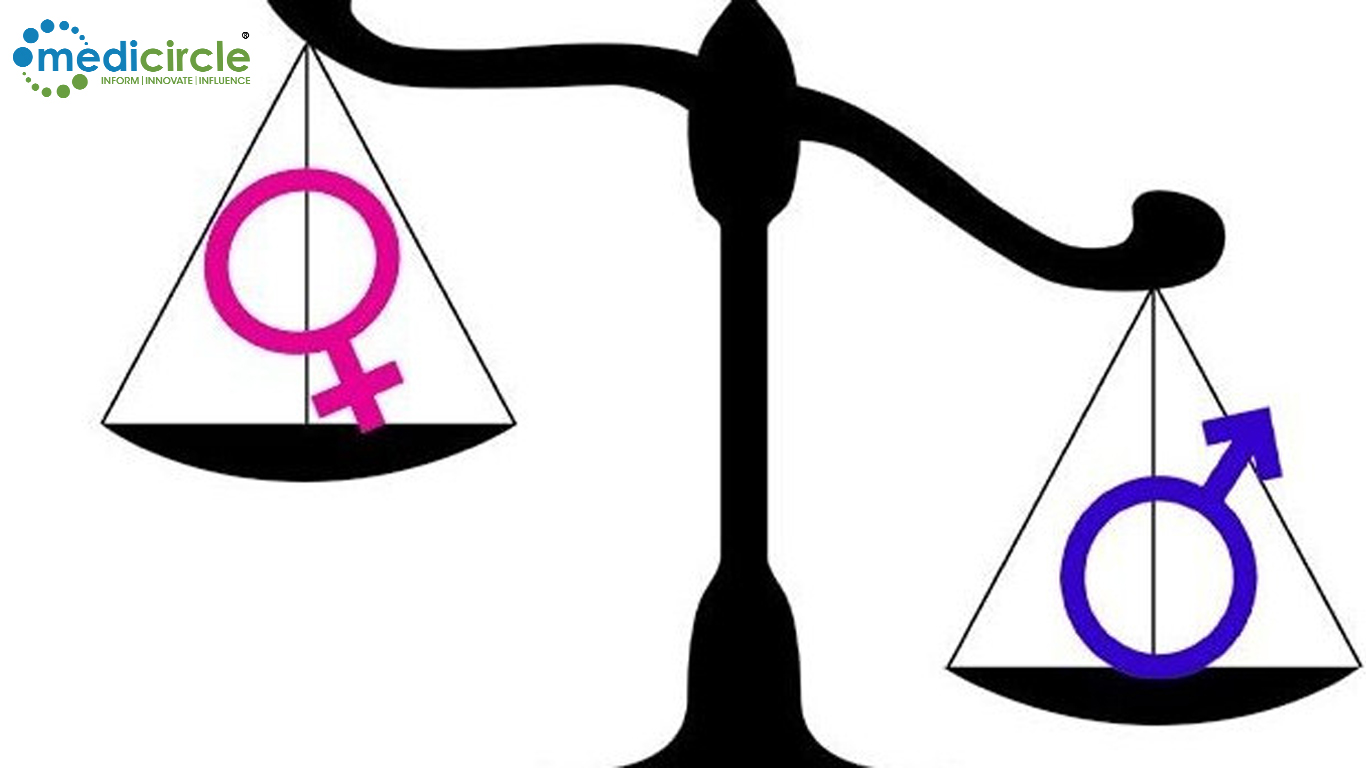
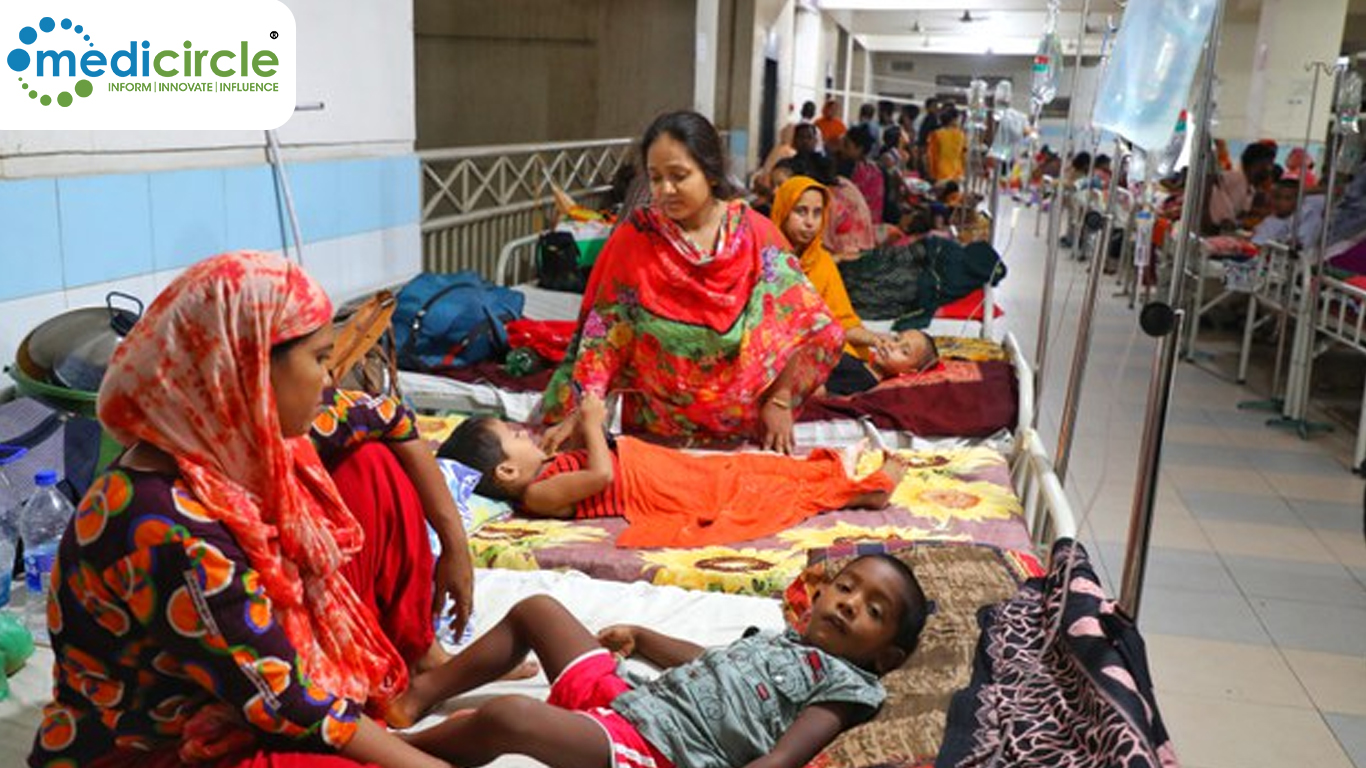
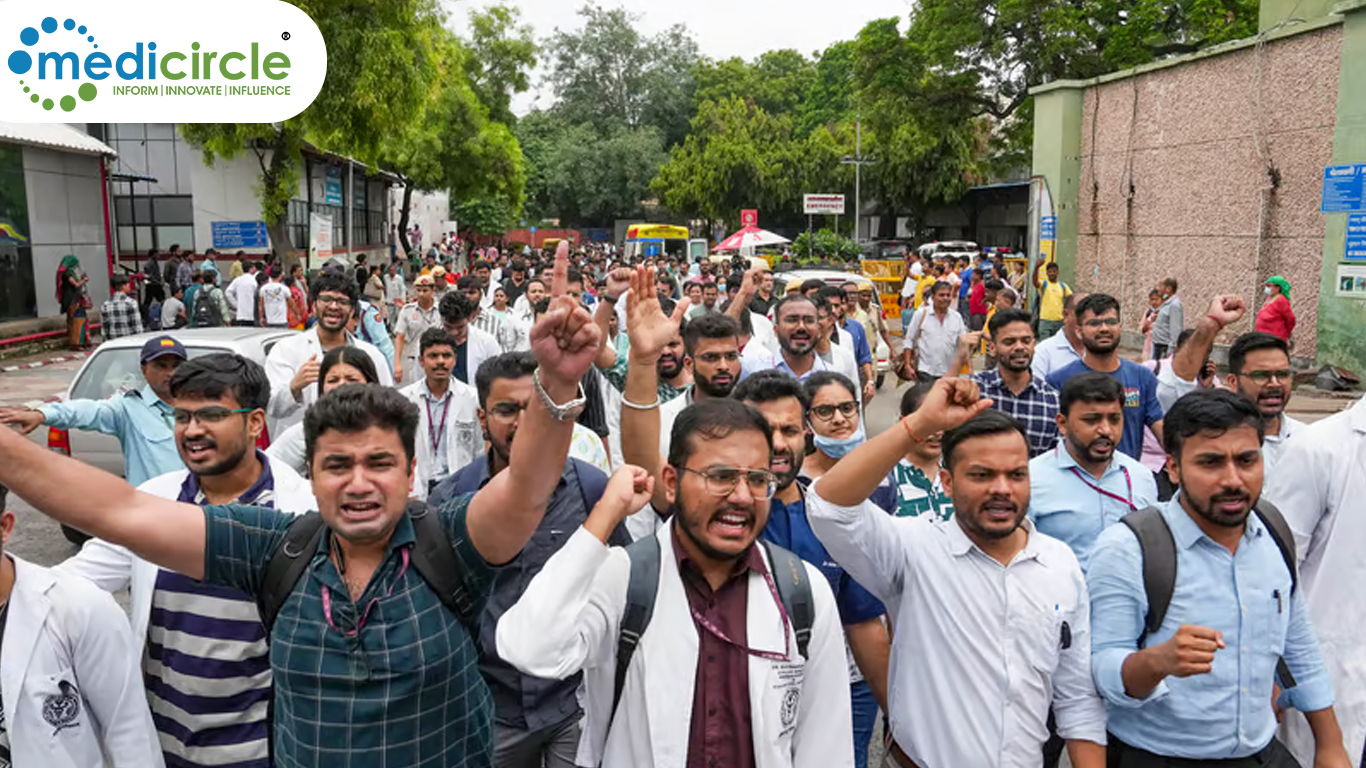





.jpeg)

.jpeg)










.jpg)




.jpg)

